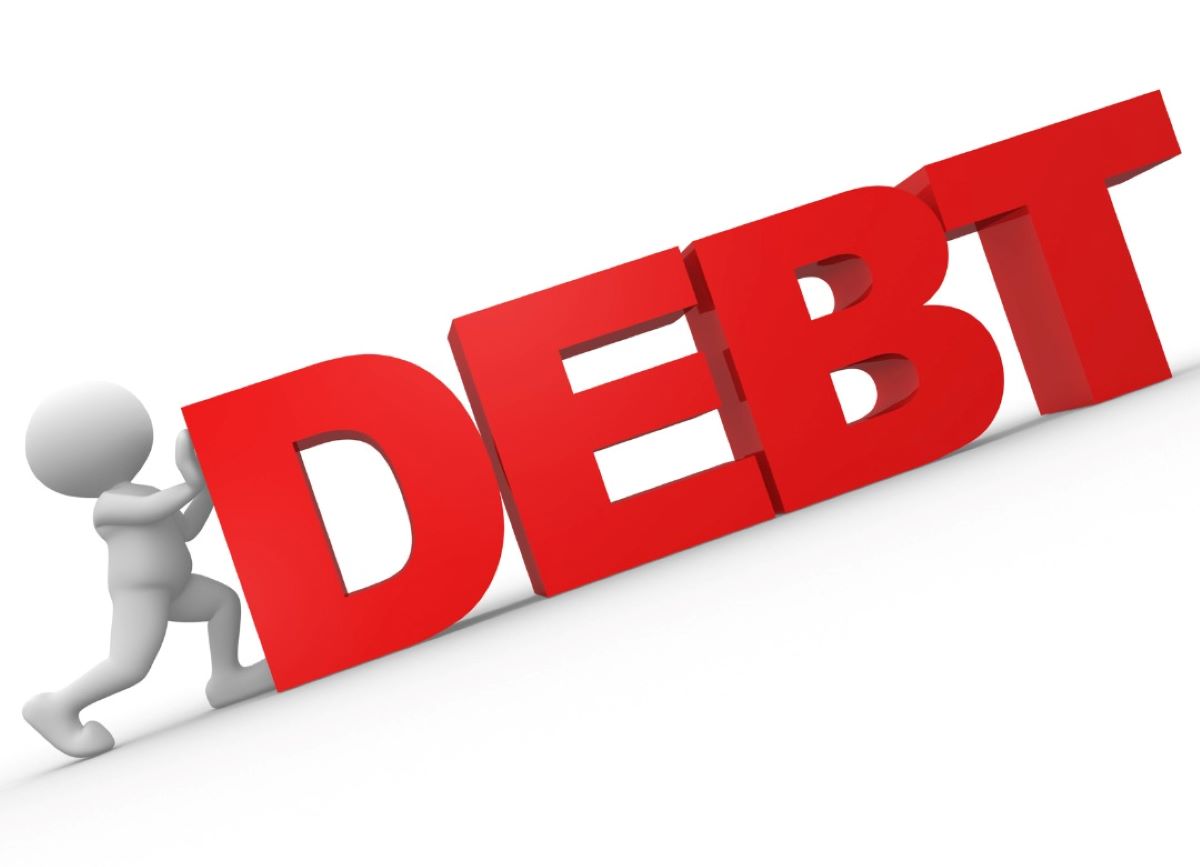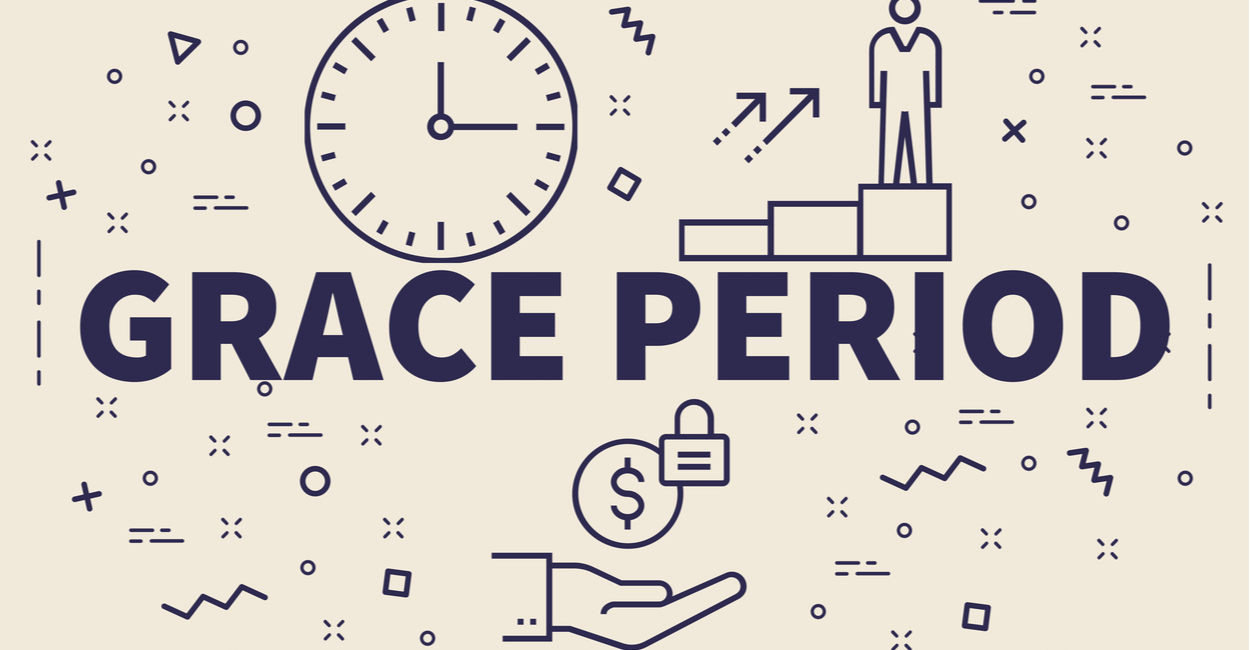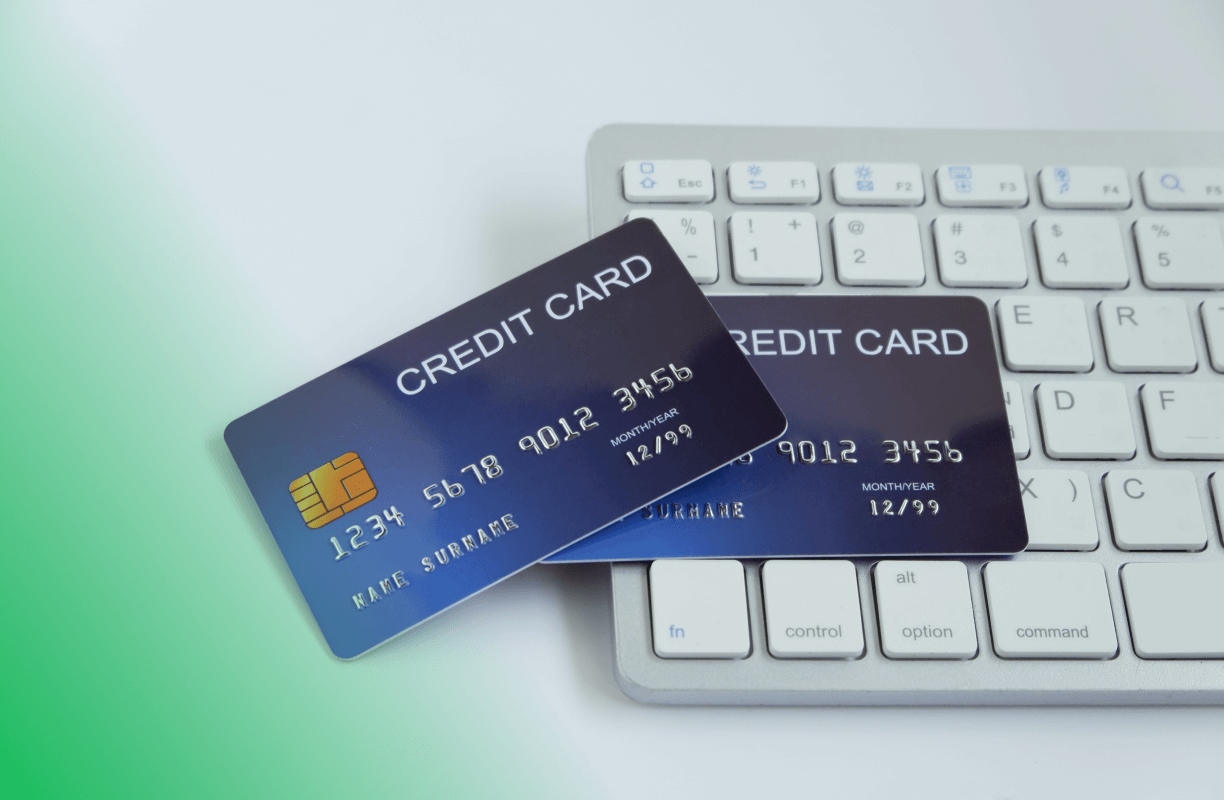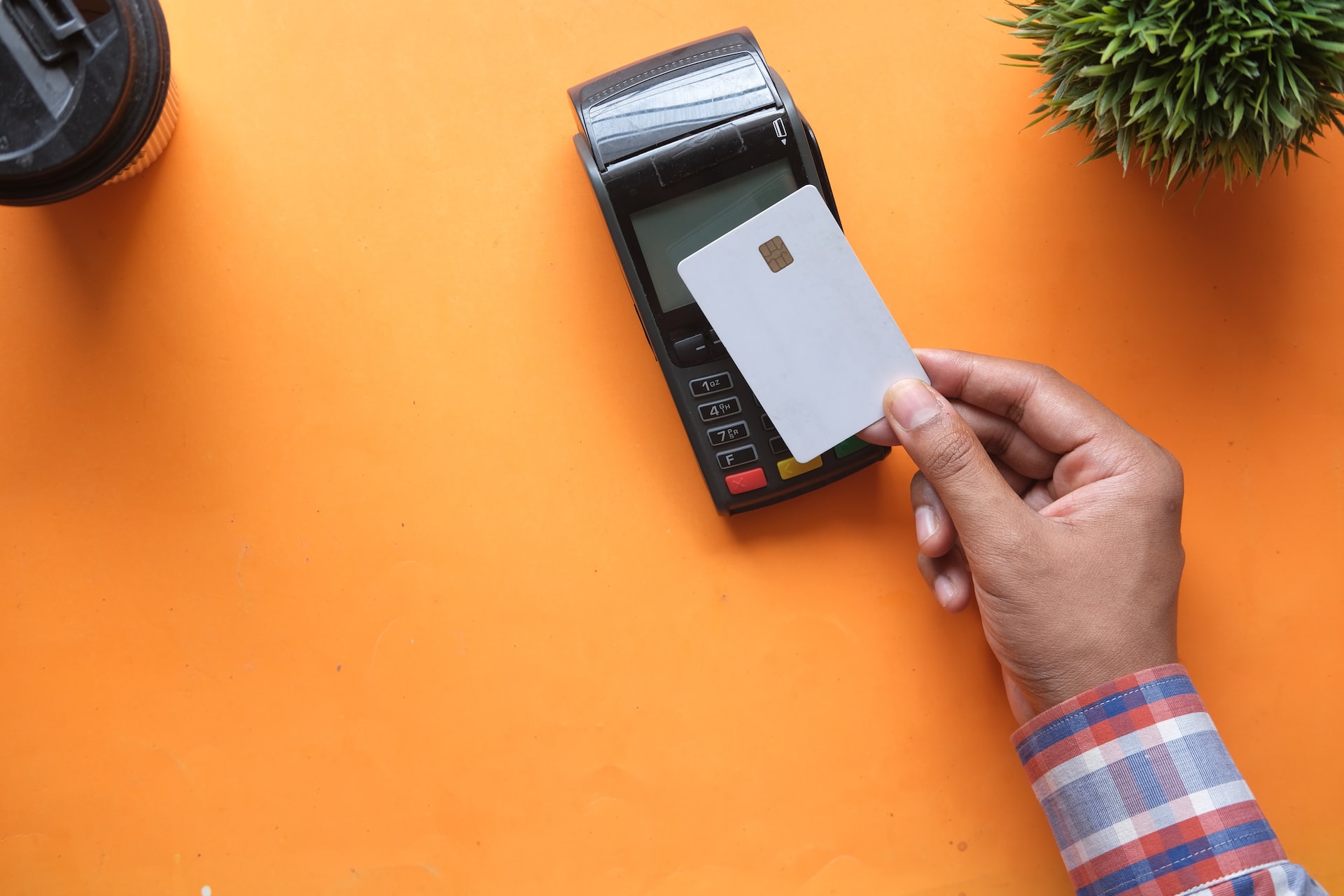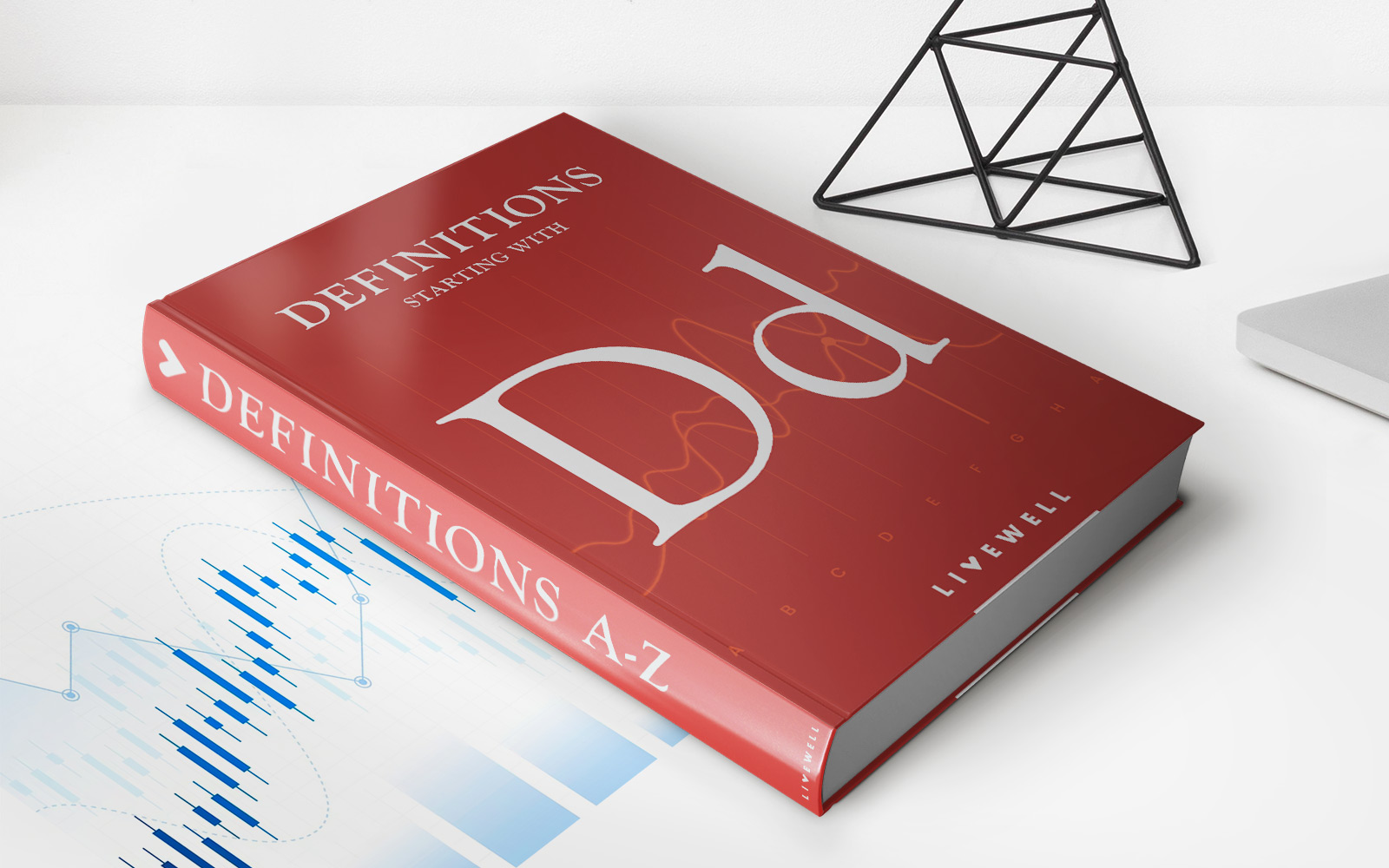Home>Finance>What Is A Grace Period? How Can It Help You Manage A Credit Card Wisely


Finance
What Is A Grace Period? How Can It Help You Manage A Credit Card Wisely
Published: February 20, 2024
Learn how a grace period works and how it can aid in responsible credit card management. Explore finance tips for leveraging this benefit effectively.
(Many of the links in this article redirect to a specific reviewed product. Your purchase of these products through affiliate links helps to generate commission for LiveWell, at no extra cost. Learn more)
Table of Contents
Understanding Grace Periods
A grace period, in the context of credit cards, is a specified period during which you can make purchases or carry a balance on your card without accruing any interest. This typically applies when you pay off your full statement balance by the due date. The grace period usually ranges from 21 to 25 days, allowing cardholders to avoid interest charges on new purchases if the balance is cleared within this timeframe.
During the grace period, the credit card issuer provides a window of time before interest is applied to new transactions. It's important to note that grace periods don't apply to cash advances and balance transfers, which start accruing interest immediately.
The concept of a grace period can be likened to an interest-free loan. By taking advantage of this period, you effectively borrow money from the credit card company for a short duration without incurring any interest charges, provided you pay off the balance within the grace period.
Understanding the specifics of your credit card's grace period is crucial for making informed financial decisions. It allows you to leverage this benefit to manage your finances more effectively and avoid unnecessary interest expenses.
Benefits of a Grace Period
The grace period offers several advantages to credit card users. Firstly, it provides a valuable opportunity to make purchases without incurring interest charges, assuming the full balance is paid by the due date. This feature can be particularly beneficial for individuals seeking short-term financing without the burden of immediate interest costs.
Moreover, the grace period promotes responsible financial management by encouraging timely repayment. By clearing the full statement balance within the grace period, cardholders can avoid interest accumulation, thereby saving money and maintaining a healthy credit profile. This practice also fosters disciplined spending habits, as it discourages the accumulation of long-term debt and the associated interest expenses.
Furthermore, the grace period can serve as a valuable tool for optimizing cash flow. It allows individuals to defer payment for recent purchases, enabling them to allocate funds strategically and potentially earn interest on the money that would have otherwise been used to settle the credit card bill immediately.
From a broader perspective, the grace period contributes to consumer empowerment. It provides cardholders with a degree of flexibility and financial control, aligning with the fundamental principle of leveraging credit to enhance financial well-being. By utilizing the grace period effectively, individuals can make informed purchasing decisions and manage their cash flow more efficiently.
In summary, the grace period offers a range of benefits, including interest savings, fostering responsible financial behavior, optimizing cash management, and empowering consumers to make informed financial choices.
Managing Credit Card Debt Wisely
Effective management of credit card debt is essential for maintaining financial stability and minimizing unnecessary expenses. When it comes to credit card debt, leveraging the grace period can be a strategic approach to avoid interest charges and maintain control over your financial obligations.
One key aspect of managing credit card debt wisely is to prioritize paying off the full statement balance within the grace period. By doing so, you can capitalize on the interest-free period and prevent the accumulation of costly interest charges. This approach not only helps reduce debt but also contributes to building a positive credit history, which is crucial for future financial endeavors.
Additionally, it’s important to exercise prudence when using credit cards, ensuring that purchases align with your budget and financial means. Responsible spending habits, coupled with timely repayment within the grace period, can prevent the escalation of credit card debt and promote a healthy financial outlook.
For individuals carrying a balance on their credit cards, it’s advisable to explore options for consolidating debt or negotiating favorable terms with the card issuer. This proactive approach can help alleviate the burden of high-interest debt, making it easier to manage and ultimately pay off.
Furthermore, maintaining open communication with credit card companies and staying informed about interest rates, fees, and payment deadlines is crucial for effectively managing credit card debt. Being aware of the terms and conditions associated with your credit card empowers you to make informed decisions and take the necessary steps to mitigate debt-related challenges.
Ultimately, managing credit card debt wisely involves a combination of proactive financial planning, responsible spending behavior, and leveraging the benefits of the grace period to minimize interest expenses and maintain control over your financial well-being.
Tips for Using the Grace Period Effectively
Maximizing the benefits of the grace period requires strategic financial management and adherence to prudent practices. Consider the following tips to leverage the grace period effectively:
- Understand Your Card’s Terms: Familiarize yourself with the specific terms and conditions of your credit card, including the duration of the grace period, payment due dates, and any exceptions or limitations that may apply.
- Timely Payments: Prioritize timely repayment of the full statement balance to capitalize on the interest-free period. Setting up payment reminders or automatic transfers can help ensure that payments are made promptly.
- Strategic Purchases: Use the grace period strategically for planned purchases, taking advantage of the interest-free window while aligning expenditures with your budgetary constraints.
- Disciplined Spending: Exercise restraint and prudence when using your credit card, avoiding impulsive purchases and focusing on necessities or planned expenses that can be comfortably managed within the grace period.
- Monitor Billing Cycles: Stay mindful of your credit card billing cycles to optimize the utilization of the grace period. Understanding the timing of your statements and due dates can help you plan and manage your payments effectively.
- Debt Consolidation Consideration: If you have existing credit card debt, explore opportunities for debt consolidation or balance transfers to streamline payments and potentially benefit from lower interest rates, thereby easing the debt burden.
- Communication with Issuer: Maintain open communication with your credit card issuer, seeking clarity on any concerns or inquiries regarding your account. Understanding the available support and resources can aid in managing your credit effectively.
By incorporating these tips into your financial approach, you can harness the potential of the grace period to optimize your credit card usage, minimize interest costs, and enhance your overall financial management strategy.

